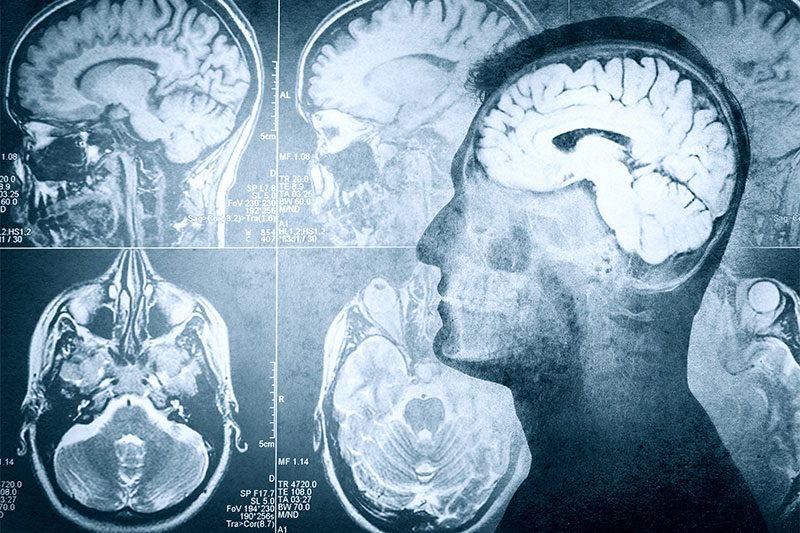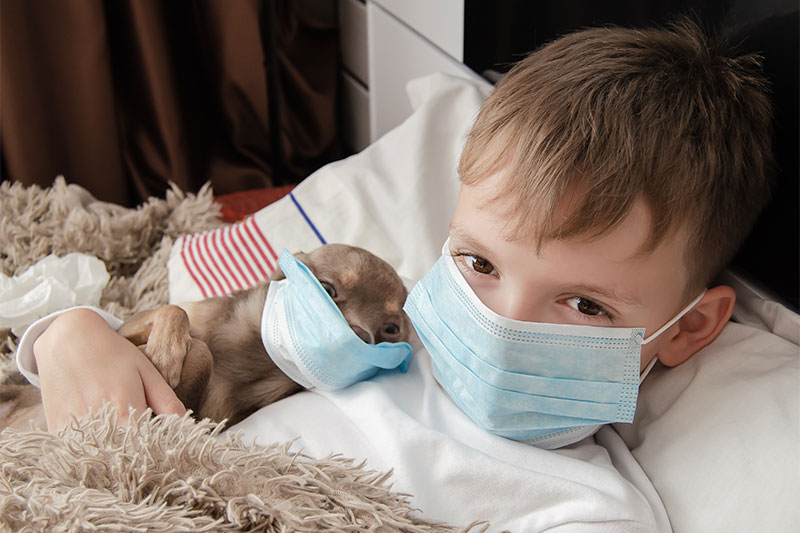You know the common COVID-19 symptoms which are fever, fatigue, cough, and shortness of breath. Some of those who have been affected by the illness handle it better than others, and some succumb to it, unfortunately.

There is no way to predict who will become seriously ill or who will recover from it. Some elderly patients recovered well from COVID-19 whereas you would think they would all succumb to it. And some young healthy adults and children had succumbed to it. That is what makes this illness so scary.
And the scary thing as well is that there are 11 new COVID-19 symptoms that you likely don’t know about. Let’s go over those now.
Confusion

You already know how the virus can have an effect on your neurological system and can cause inflammation to the brain. Confusion is another reported symptom of COVID-19 and even though it is rare, it can happen. If you are realizing at times you are confused and you are unsure why, get tested for COVID-19.
Headaches

If you were not prone to headaches in the past but all of a sudden you are getting them whether they are mild or are in migraine territory, you may have COVID-19. That is because of the fact that the virus can cause inflammation of the brain and that can easily be a culprit for headaches.
Stroke

The virus can cause blood clots. Even though those who are predisposed to strokes such as those who have high blood pressure or cardiovascular disorders are likely to get them – it doesn’t always happen that way. Young and healthy people who had COVID-19 had strokes as well. Don’t think it couldn’t happen to you if you have a strong heart and your blood pressure is normal.
Alterations in your mental state

If you are finding that your mental status has been alternating, and you are unsure as to why that maybe, then you will want to get tested to see if you have the Coronavirus. Alternating of the mental status is a symptom of the virus as it can have a negative effect on the neurological system which is why that is.
Loss Of Sense Of Taste And Smell

If the areas in your brain are inflamed from the virus that controls your sense of smell and taste, you can see how this can be a symptom. If you are losing your sense of taste as well as your sense of smell, then you will also want to test for COVID-19. This in fact is not an unusual new symptom of the virus.
Dizziness

The fact that this virus can have an effect on the neurological system shows through dizziness as well. You may all of a sudden become dizzy and lose your balance even though you were fine before. Elderly patients are affected more than others by having this symptom. And if you have an elderly parent that is experiencing sudden dizziness, this can be the reason for it.
Seizures

Seizures are scary, and if you are getting them all of the time and you used to not before, then it could be the result of COVID-19. Your brain is seizing because of the inflammation from the virus. Usually, this would be accompanied by other COVID-19 symptoms, but not always.
Muscle Pain And Weakness

You already know that the virus can have an effect on the neurological system. When the nerves are not able to carry the information from the spinal cord and brain to the skin and muscles properly, you can end up with weakness of the muscles. You can also end up with pained muscles because of being weak and you having to drag your arms and legs on. If it is especially accompanied by a fever, then you need to get checked for the virus.
Poor Levels Of Concentration

If you were able to focus well in the past but you are now having a hard time concentrating because of having brain fog or just not having the ability to pay attention – don’t count the possibility of COVID-19 out. You know how the virus can affect your brain and your neurological system. Lack of concentration is another symptom of this virus.
Stomach Virus Symptoms

If you thought you had a case of the norovirus where you had nausea and vomiting and diarrhea, perhaps you didn’t have that type of virus. You may have had COVID-19. This virus can also mimic the norovirus if it lands into your digestive tract. You may have a hard time recovering from it too.
This novel virus is scary and there is still a lot to learn about it. The best way to combat this is to wash your hands with soap and water, wear masks in public settings, and stay safe. You may be asymptomatic but you could easily pass it to someone else who cannot fight it.
How to keep yourself safe and healthy

The CDC has provided numerous instructions on how the transmission of COVID-19 can be stopped or reduced. This will prevent you from ever experiencing any of these terrible new coronavirus symptoms. Some of these include:
- Wearing a facemask
- Practicing social distancing
- Washing your hands regularly
- Getting tested if you are experiencing coronavirus symptoms


